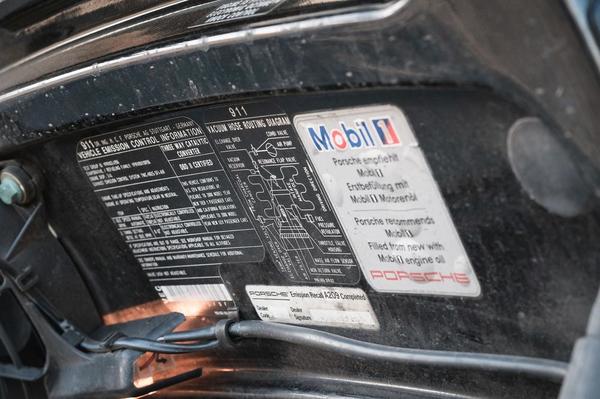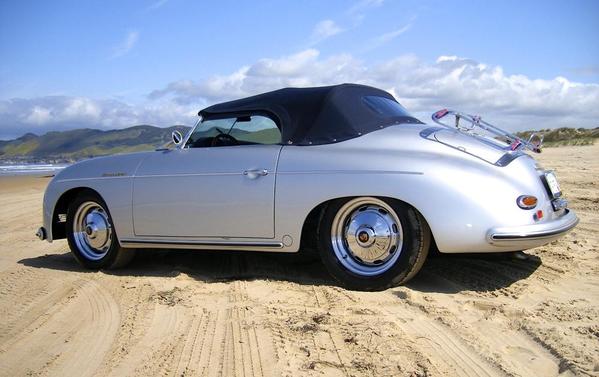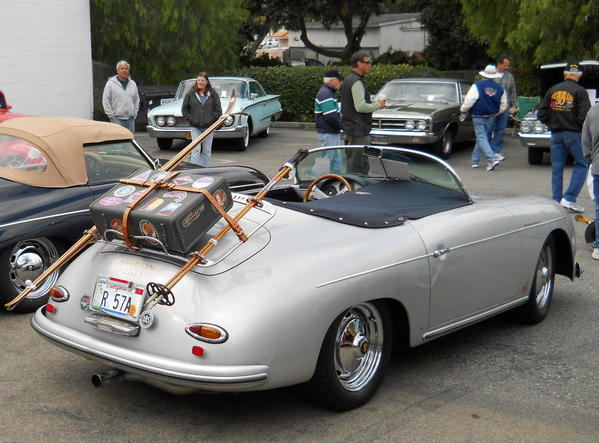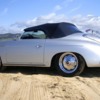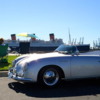Hi, my name's Will and I've been a high-zinc addict. However, since working the 12 steps, I've read the complete RAT bible of oil and related subjects and now realize it was my upbringing that caused me to cling to zinc.
As step 9 states, I must make amends for those I've hurt and that could be any of you whom my zinc preaching affected.
I'm so sorry.
I've changed my oil to 5w30 Mobil 1 synthetic which was rated #11 on RAT's list, it has a shear-strength of 115,635 psi which puts it in the RAT's "incredible" status (anything over 105,000 gets this rating).
Comparatively, my Lucas high zinc was down in the 50,000 zone which unfortunately put my lubrication in the "undesirable" zone.
But I've mended my ways, made my amends, changed direction and am headed down the slippery slope of synthetic lubricity, never to turn back.
I can't remember who the fellow was who set me straight, but please accept my grateful thank-you for having the courage to tell me the error of my ways, I couldn't have done it without you!


